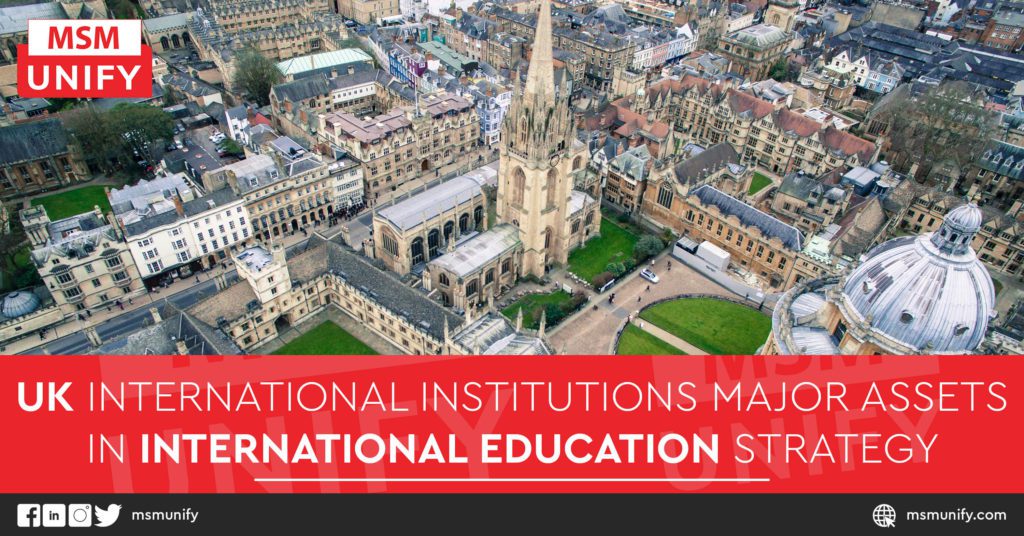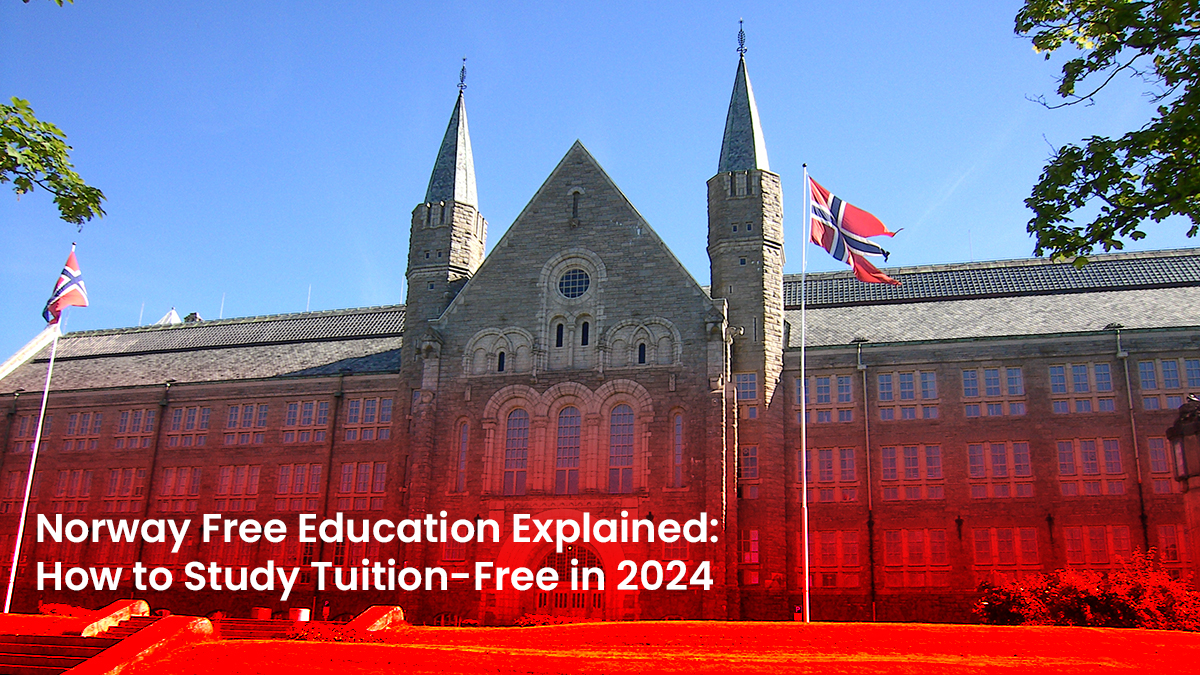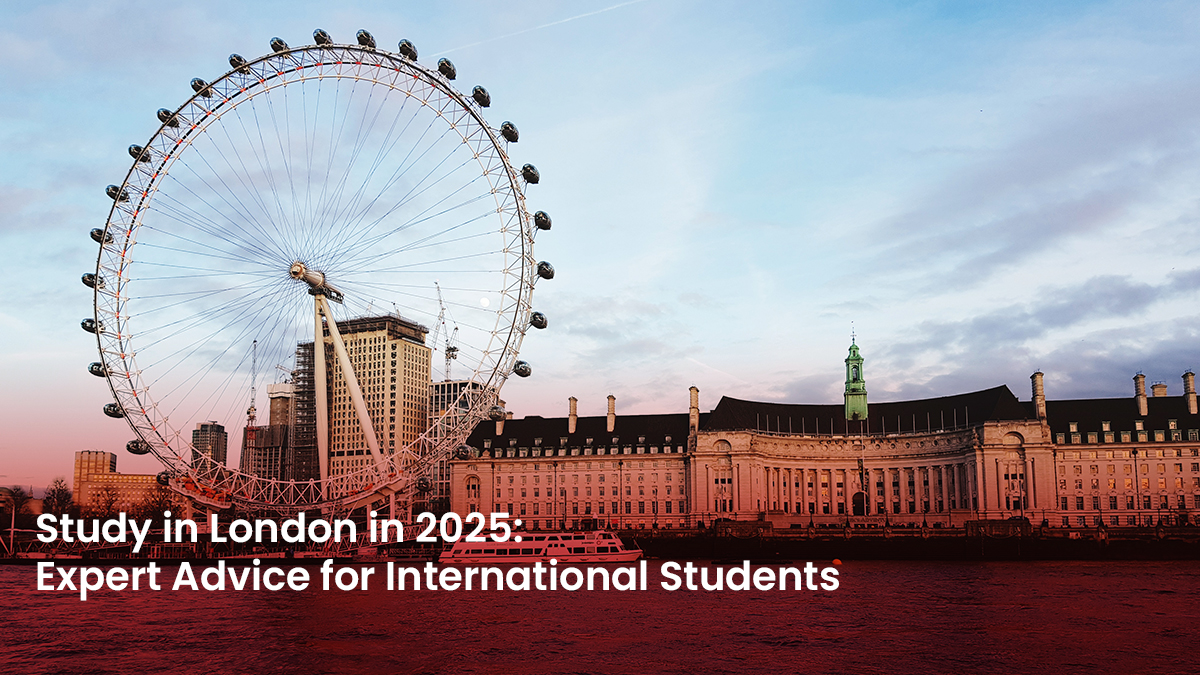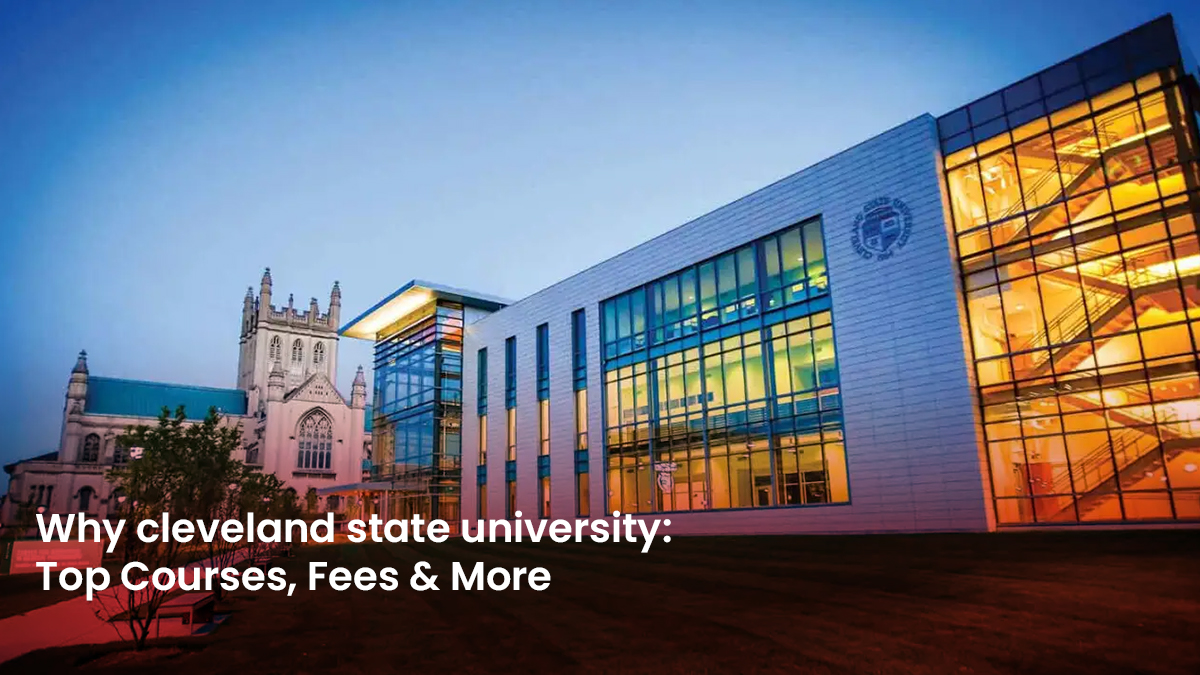International institutions are great venues for different intercultural experiences, learning and understanding among foreign students. In the UK, international students are deemed as major assets in the development of the country. “As we emerge from this crisis in the months and years to come, in government we are determined to help the UK schools sector grasp the opportunities that lie ahead,” according to Steve Smith, UK’s international education champion.
The goal of the International Education Strategy by 2030 is to “increase education exports to £35B annually and increase the higher education international students in the UK to 600,000 per year.” There will be focus on India, Indonesia, Nigeria, Vietnam, and Saudi Arabia. Of course, in the future, more countries will come into play making the UK a center for transnational education.
According to Andreas Schleicher, Director for the Directorate of Education and Skills, “Technology is great because it connects all of us… But at the very same time, also, it tends to connect us with people who think like us, who work like us, who look like us. In a way, it’s harder for young people to actually see that plurality and diversity in our society’s economy.” Technology also gives the opportunity for students to learn about global issues in which international institutions are already in a unique position.
Based on the PISA Global Competence statistics, 8 out of 10 young individuals have made environmental and climate issues personal. A critical goal with regards to international education is how to get the younger generation to develop a sense of agency from within. Students must engage in their own community activities to be able to stimulate awareness.
MSM Unify is your one-stop resource platform that connects students, higher education institutions and agents to the UK and the world. Subscribe now to get the latest updates and insights about international education.












